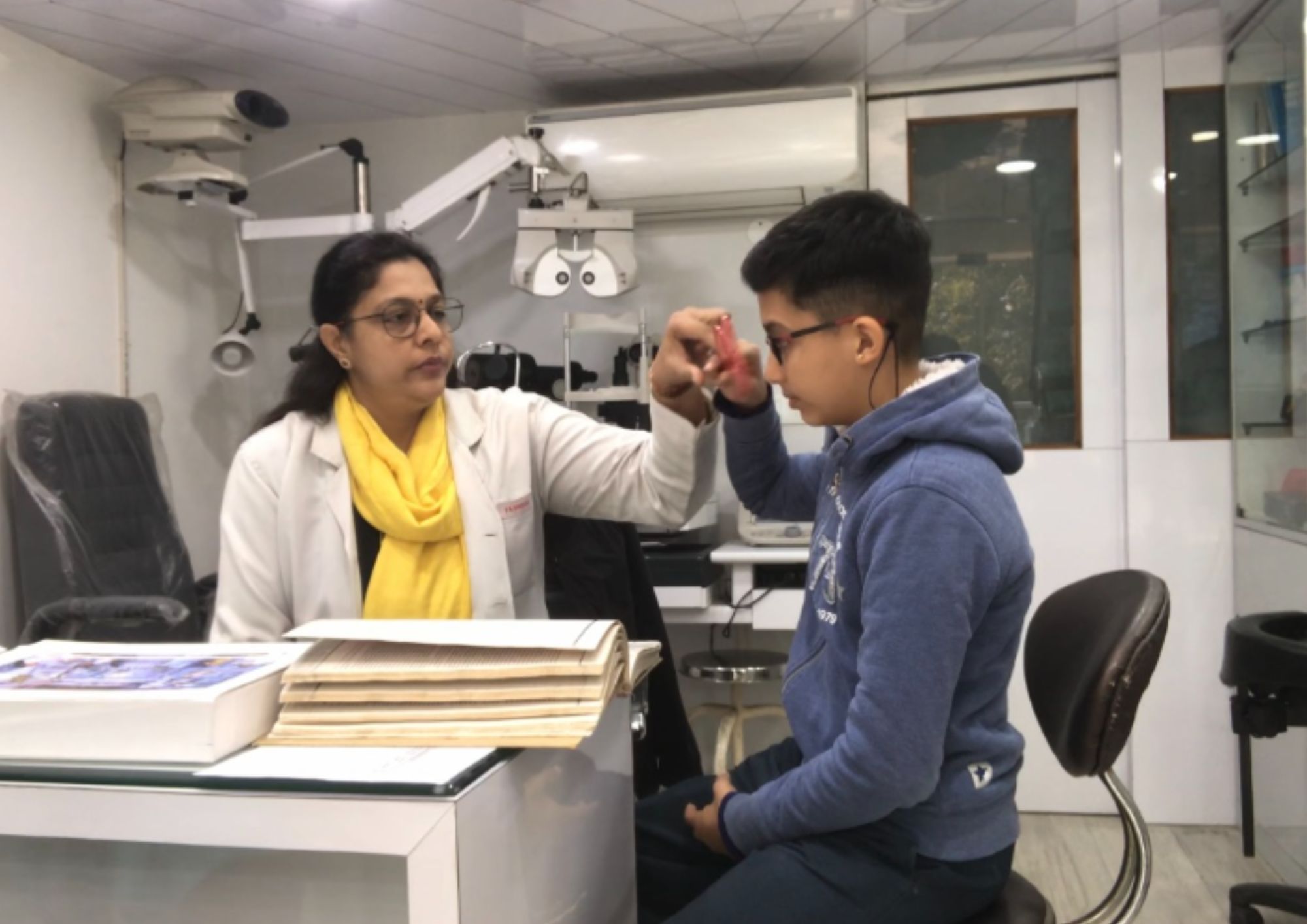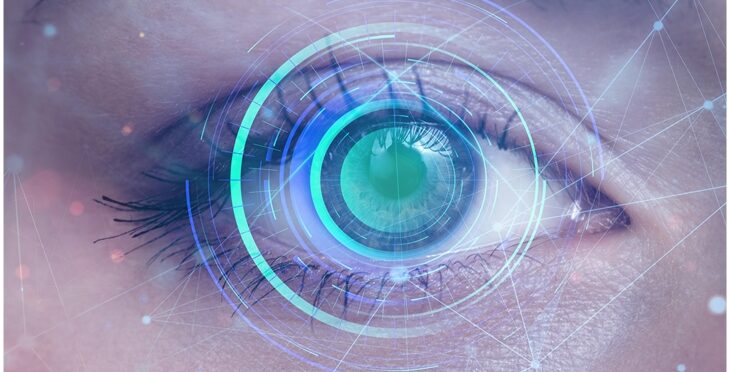Regional Glaucoma Service Near Me: Trusted Professionals for Eye Health And Wellness
Regional Glaucoma Service Near Me: Trusted Professionals for Eye Health And Wellness
Blog Article
Understanding the Numerous Eye Conditions Treated by Specialized Eye Treatment Professionals
In the world of eye treatment, specialized professionals play an important role in detecting and dealing with a wide selection of eye problems. From common refractive errors that influence vision clearness to age-related conditions that present difficulties as we age, the expertise of these specialists includes taking care of vision-threatening conditions and detailed corneal conditions. Furthermore, the intricacies of neurological eye problems present unique difficulties that necessitate specialized treatment. As we embark on this expedition of the different eye problems attended to by specialized eye care specialists, it becomes noticeable that the detailed web of eye health holds a myriad of remarkable insights waiting to be discovered.
Typical Refractive Mistakes
Refractive mistakes are common visual problems caused by a blemish in the eye's ability to properly concentrate light, causing blurred vision. One of the most widespread kinds of refractive mistakes include myopia (nearsightedness), hyperopia (farsightedness), astigmatism, and presbyopia. Nearsightedness happens when the eyeball is also long or the cornea is as well bent, causing distant things to show up fuzzy. Hyperopia, on the other hand, happens when the eyeball is also short or the cornea is as well flat, causing close-by things running out emphasis. Astigmatism is identified by an irregularly designed cornea, resulting in altered or obscured vision whatsoever ranges. Presbyopia is an age-related condition where the lens loses its versatility, making it difficult to concentrate on close objects.
These refractive mistakes can be fixed through numerous methods, consisting of glasses, contact lenses, or refractive surgical procedure. Eye treatment professionals play a crucial function in diagnosing and handling refractive errors to assist individuals accomplish more clear vision and enhance their lifestyle.
Age-Related Eye Problems
As people age, their eyes may be at risk to a selection of conditions past refractive mistakes that can impact their vision and general eye health. Age-related eye problems prevail and can considerably influence the quality of life for older grownups. One of one of the most widespread age-related eye conditions is age-related macular degeneration (AMD), an illness that creates central vision loss and can make activities like analysis and driving challenging. refractive surgeries in al. Cataracts, one more usual problem amongst older people, cause clouding of the eye's natural lens, bring about blurred vision. Glaucoma, defined by damages to the optic nerve, is additionally more common with age and can cause field of vision loss or blindness if left unattended. Additionally, presbyopia, a condition where the eye's lens loses versatility, is an all-natural component of aging and leads to problem concentrating on close items. Normal eye tests with specialized eye care professionals are important for very early discovery and monitoring of these age-related eye problems click to maintain vision and preserve eye wellness as people age.
Vision-Threatening Conditions
Vision-threatening diseases include an array of severe eye conditions that have the possible to considerably influence an individual's vision and overall visual function. These illness position a risk of irreversible vision loss otherwise immediately identified and treated by specialized eye treatment specialists. Some typical vision-threatening diseases consist of glaucoma, diabetic person retinopathy, age-related macular degeneration (AMD), and retinal detachment.
Glaucoma is a group of eye problems that damage the optic nerve, typically due to high intraocular pressure, resulting in field of vision loss and possible blindness if left untreated. Diabetic retinopathy is a difficulty of diabetic issues that affects capillary in the retina, triggering vision impairment or blindness. AMD is a progressive condition impacting the macula, bring about central vision loss. Retinal detachment happens when the retina separates from its underlying tissue, leading to unexpected vision loss that requires instant clinical attention (refractive surgeries in al).
Early detection, routine eye tests, and prompt intervention are critical in managing vision-threatening conditions to protect eyesight and preserve quality of life. Specialized eye treatment experts play a vital role in diagnosing, treating, and handling these problems to stop permanent vision loss.

Corneal Conditions
Corneal problems incorporate a range of problems that influence the clear front part of the eye, called the cornea. These problems can result in pain, aesthetic disruptions, and in extreme instances, vision loss. One common corneal problem is keratoconus, where the cornea thins and protrudes exterior into a cone shape, triggering astigmatism and useful reference blurred vision. Corneal dystrophies, such as Fuchs' dystrophy, cause progressive vision loss as a result of abnormal deposits in the cornea. Corneal abrasions, usually created by injury or foreign objects, can cause pain, inflammation, and level of sensitivity to light. Furthermore, infections like keratitis can irritate the cornea, potentially causing scarring and vision impairment if not without delay treated. Therapy for corneal disorders varies depending on the details condition however may include drugs, contact lenses, or in extreme cases, corneal transplants. Routine eye exams are important for very early detection and management of corneal disorders to preserve vision and eye wellness.
Neurological Eye Problems
Neurological eye problems involve disorders that affect the connection in between the eyes and the mind, affecting visual processing and general eye function. These problems can show up in various means, influencing vision, eye movements, and even the sychronisation between the eyes. One typical neurological eye condition is optic neuritis, identified by inflammation of the optic nerve bring about pop over to this web-site vision loss, color desaturation, and pain with eye activity.
One more considerable problem is nystagmus, where the eyes make recurring, unrestrained activities, impacting visual skill and depth understanding. Furthermore, conditions like amblyopia, often described as "lazy eye," arise from irregular aesthetic growth in early youth, resulting in reduced vision in one eye.
Neurological eye problems call for specialized treatment from professionals like neuro-ophthalmologists who have proficiency in both neurology and ophthalmology. Medical diagnosis usually entails a detailed eye assessment, imaging researches, and partnership with neurologists to address the underlying neurological issues affecting the aesthetic system. Therapy strategies can include drug, vision treatment, or in serious cases, medical treatments to take care of these intricate problems properly.

Conclusion
In conclusion, specialized eye treatment professionals treat a large range of eye problems, including common refractive mistakes, age-related eye conditions, vision-threatening illness, corneal problems, and neurological eye problems - refractive surgeries in al. By understanding these different conditions and seeking suitable treatment from eye care professionals, people can keep optimal eye wellness and vision. It is very important to prioritize regular eye exams and follow recommended treatment plans to protect and protect one's vision for the future
Report this page